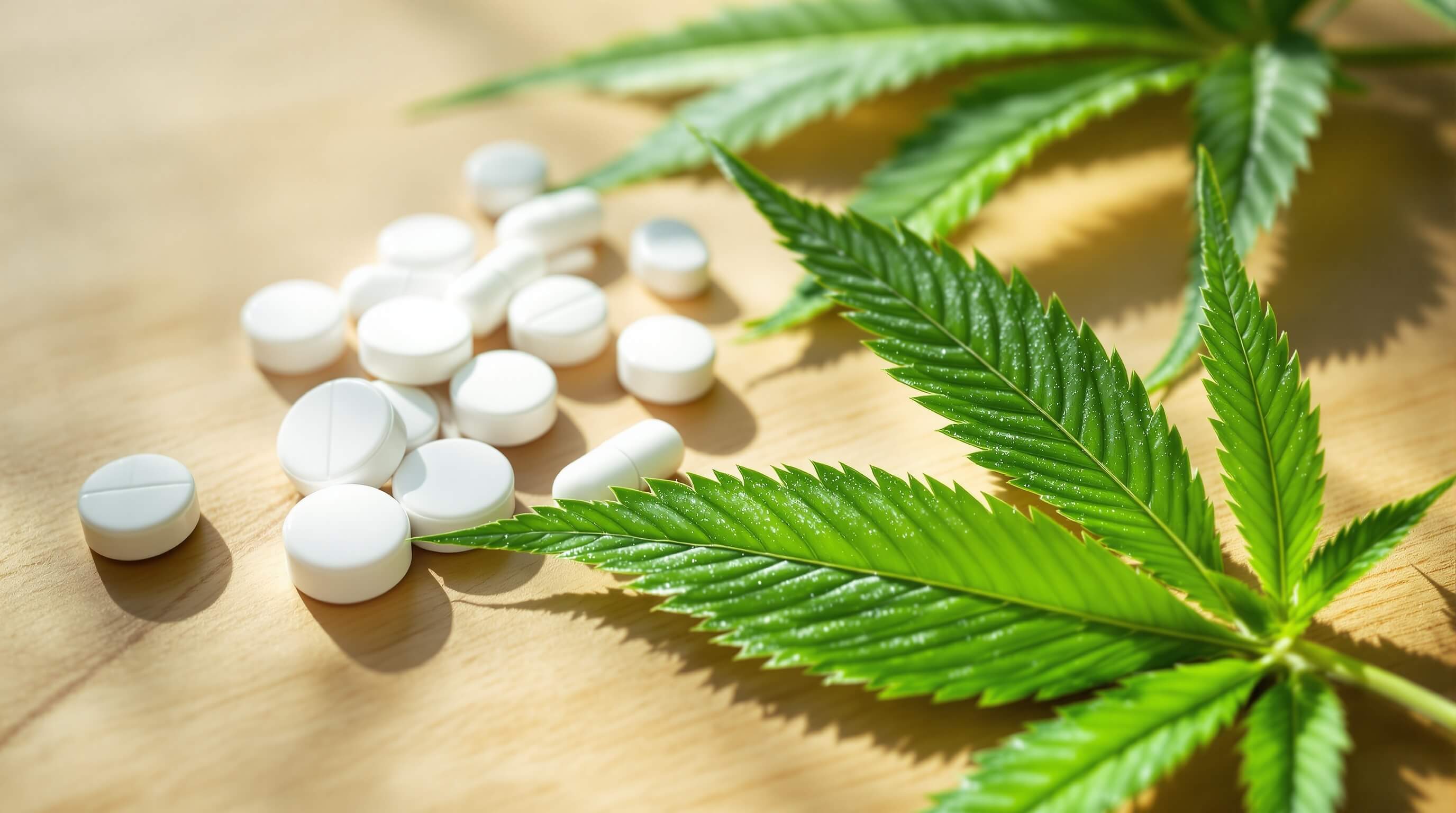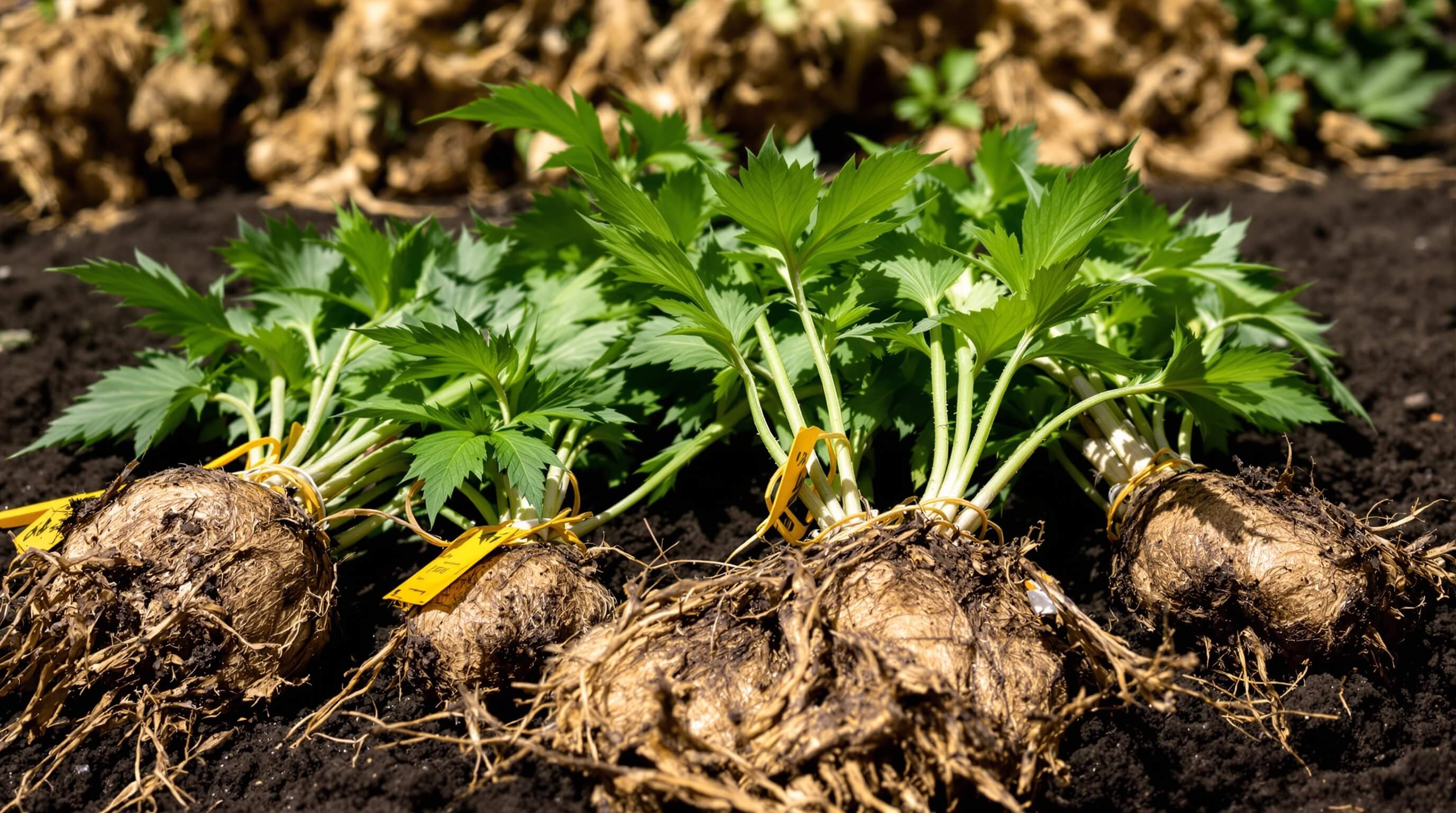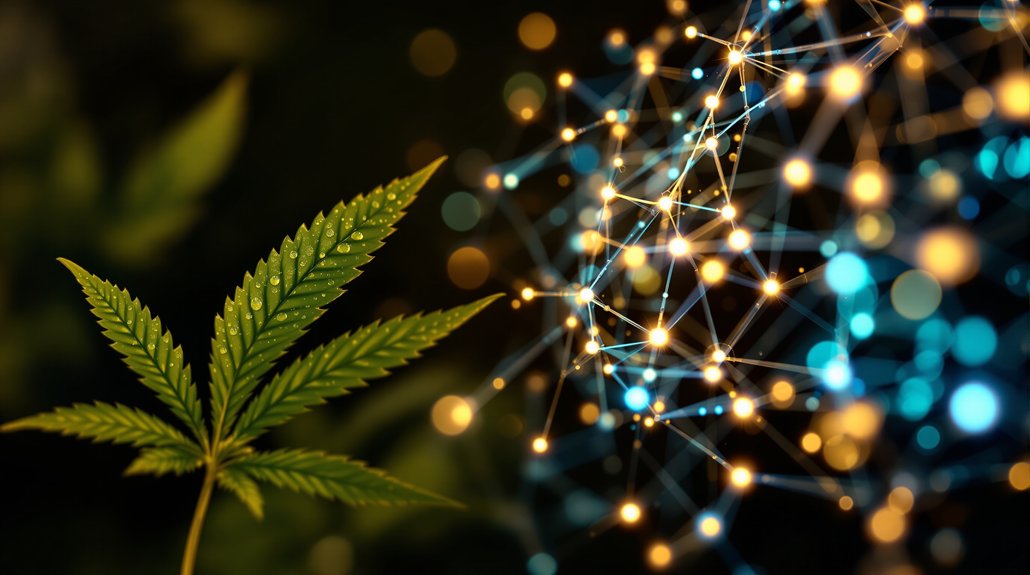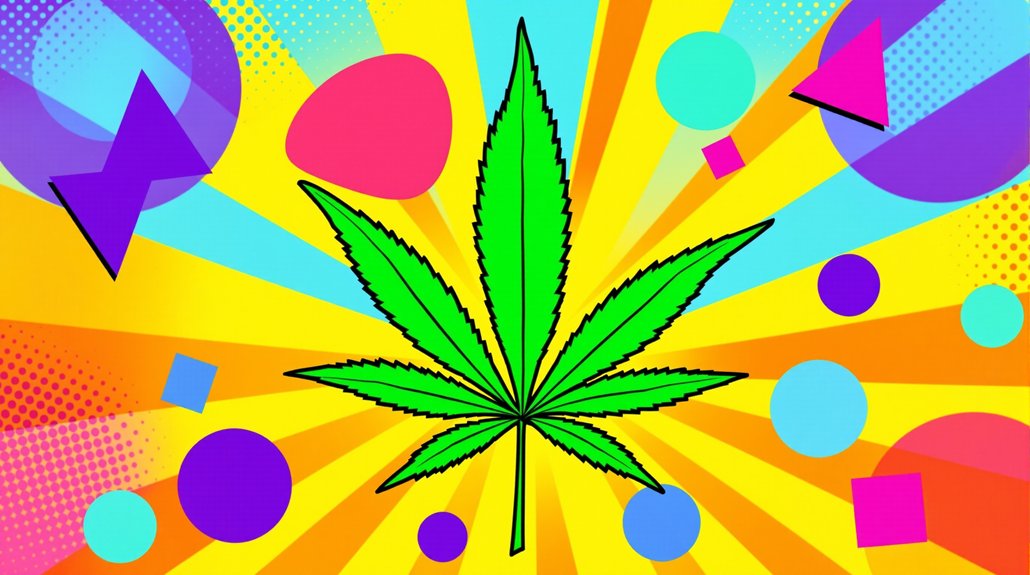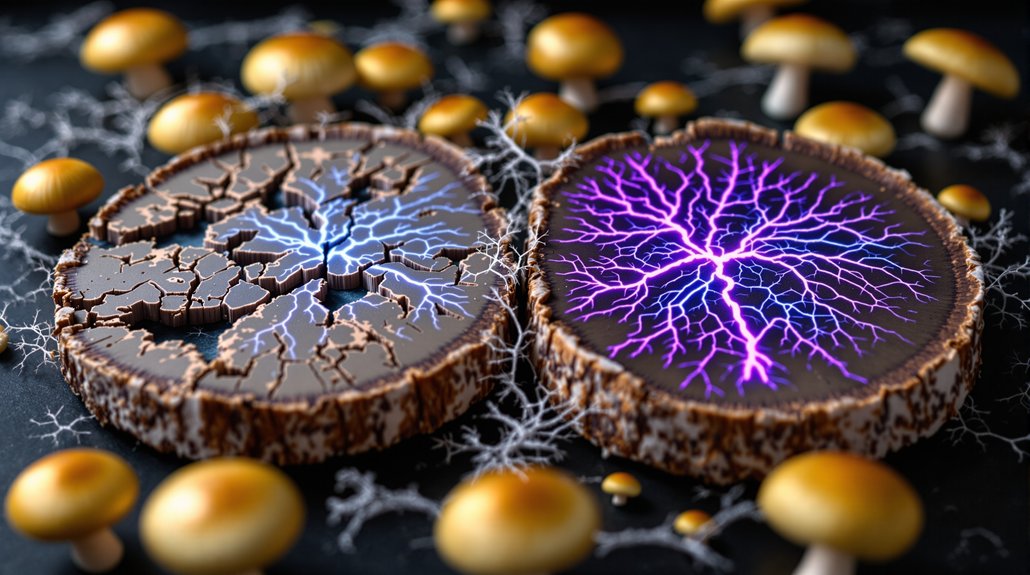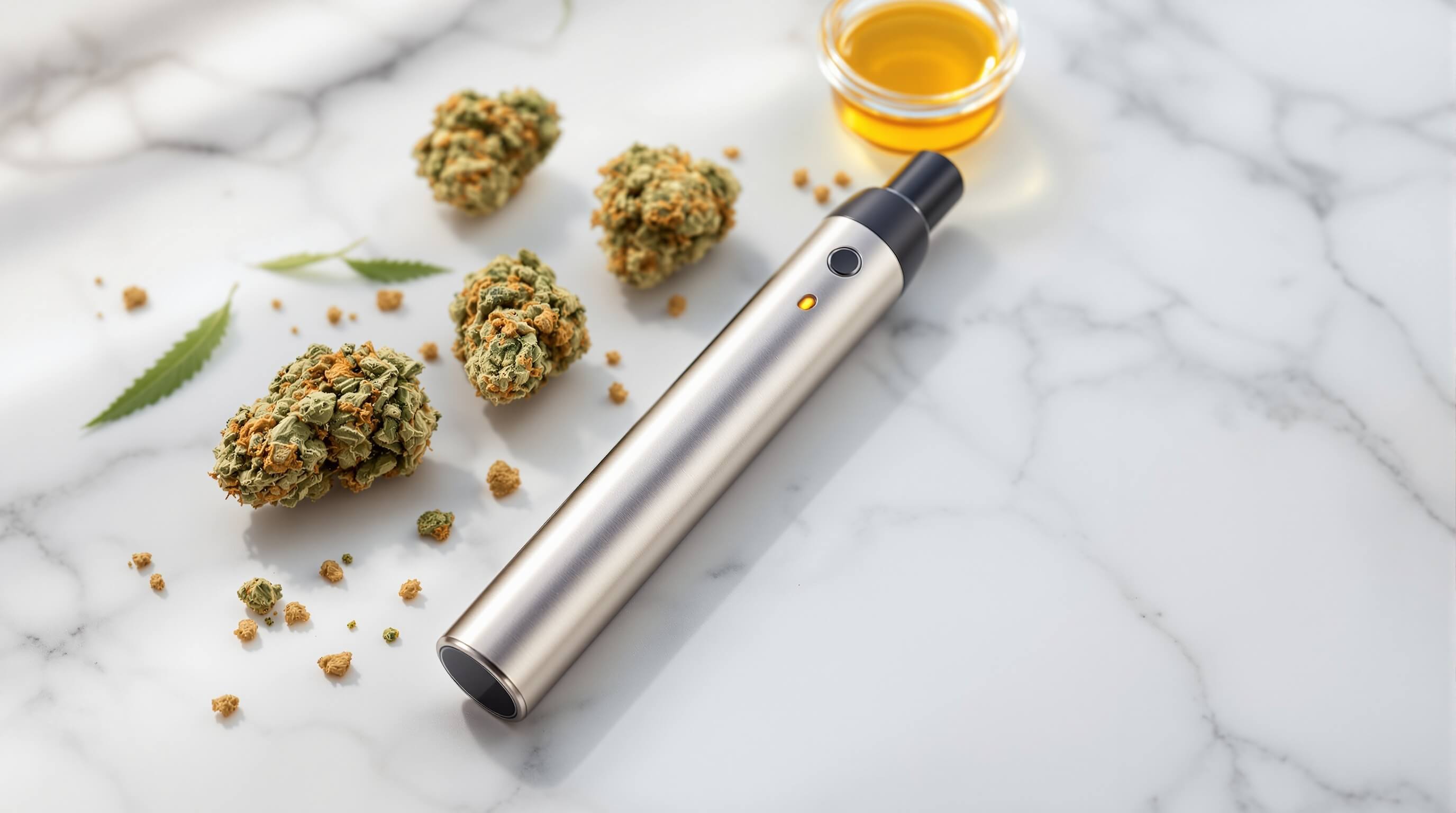While traditional inflammatory bowel disease treatments continue to dominate medical protocols, a growing number of patients are turning to cannabis as a complementary approach for symptom management. Recent survey data reveals that over 50% of IBD patients now report using cannabis for relief, with 54% utilizing traditional cannabis and 41% opting for CBD specifically for medical purposes.
The numbers tell a compelling story about patient preferences. IBD patients demonstrate higher cannabis usage rates compared to control groups, with 67.3% versus 60% among healthy individuals. Male patients over 40 show particularly strong adoption rates, suggesting demographics play a role in treatment choices.
Patient-reported outcomes indicate cannabis delivers substantial symptom relief across multiple areas. A notable 63% of IBD participants described cannabis as somewhat, very, or extremely beneficial for managing their condition. CBD oil garnered similar praise, with 57% reported meaningful symptom improvement. Clinical trial data supports these anecdotal reports, showing 71% improvement according to the Crohn’s Disease Activity Index over 16 weeks compared to placebo groups.
Clinical evidence shows 71% of IBD patients experienced measurable improvement with cannabis treatment over 16 weeks versus placebo controls.
Abdominal pain emerges as the primary symptom cannabis addresses most effectively. Patients consistently report improvements in joint pain, cramping, sleep quality, diarrhea reduction, decreased nausea, and increased appetite. The psychological benefits prove equally significant, with users experiencing reduced stress, anxiety, and depression alongside physical symptom relief.
Cannabis adoption appears to influence traditional medication usage patterns. Nearly 20% of IBD patients reported decreased opioid consumption after incorporating cannabis or CBD into their treatment regimens. This shift toward cannabis represents a potential pathway for reducing dependence on conventional pain medications, particularly among patients who haven’t responded well to standard therapies. Additionally, 14.5% experienced remission with cannabis or CBD oil treatment.
Usage patterns reveal interesting preferences between acute and chronic management approaches. Short-term symptom relief attracts 37% of cannabis users compared to 23% seeking long-term management. CBD follows similar trends, with 26% using it for immediate relief versus 18% for ongoing treatment. Most patients find cannabis more effective for managing acute flare-ups rather than maintaining sustained remission. Many patients report that raw cannabis containing THCA compounds may provide anti-inflammatory benefits without psychoactive effects.
Medical cannabis dosing remains highly individualized, with experienced users consuming up to three grams daily. Quality of life measures consistently improve in patient self-reports following cannabis adoption, though researchers acknowledge significant evidence gaps remain. The therapeutic potential stems from cannabis containing at least 70 known cannabinoids, including delta-9-tetrahydrocannabinol and non-psychotropic compounds like cannabidiol.
Current research limitations present challenges for definitive conclusions. Most available studies rely on patient self-reporting rather than objective clinical endpoints, creating potential issues with underreporting, recall bias, and small sample sizes.
The absence of standardized dosing protocols and product consistency further complicates research efforts, leaving medical professionals steering through an evolving landscape of patient preferences and preliminary evidence.
